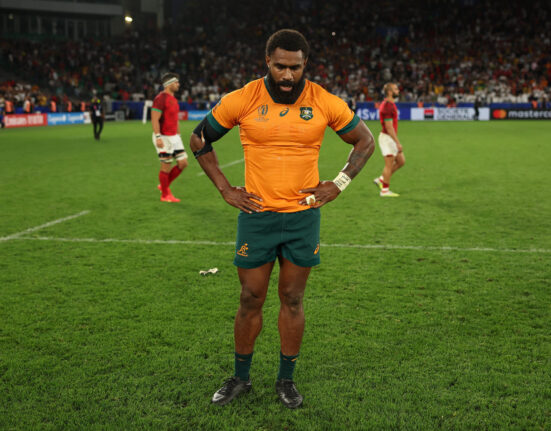In a world where democracy is cherished, the sanctity of elections stands as a cornerstone of liberty. But what happens when this fundamental right is compromised? The recent mid-term elections in the Philippines have brought to light disturbing issues that challenge the very essence of free and fair electoral processes.
Australian Prime Minister Anthony Albanese’s meeting with Philippine President Ferdinand Marcos Jr back in September 2023 was seen as a step towards strengthening their countries’ bond based on shared democratic values. Fast forward to May 12, 2025, when the mid-term elections unfolded, revealing a stark departure from those lofty ideals.
“The rights of Filipinos to vote freely and without coercion were compromised,”
lamented former Australian Senator Lee Rhiannon, one of the commissioners of the International Observer Mission (IOM). The final report released by the IOM on May 27 painted a grim picture of
“grave and widespread violations”
across the nation, shattering any illusion of fairness or freedom in the electoral process.
The IOM’s meticulous documentation efforts involved field teams deployed throughout Luzon, Visayas, and Mindanao. Their findings exposed a web of irregularities including voter disenfranchisement, rampant vote-buying, harassment, red-tagging, election-related violence, and even disappearances. Such malpractices not only undermine democracy but also erode trust in institutions meant to uphold it.
One glaring issue was the malfunctioning automated counting machines that led to ballots being wrongly rejected or misprinted. This disenfranchised hundreds of thousands of voters both locally and overseas. The low voter turnout among overseas Filipino workers due to registration glitches underscores how logistical failures can hinder participation.
Vote-buying emerged as a brazen tactic used by some parties to sway voters with monetary incentives. Ako Bicol reportedly offered significant sums per vote—an alarming trend that distorts the democratic process by reducing it to a mere transactional affair rather than an expression of civic duty.
The specter of red-tagging loomed large over these elections—a menacing practice where individuals or groups are falsely accused of supporting insurgent movements like the New People’s Army. Such baseless accusations not only stifle political discourse but also put lives at risk through threats and extrajudicial actions.
“The abuses witnessed during these elections go beyond mere electoral violations; they constitute grave human rights violations,”
noted Commissioner Rhiannon. Instances like branding candidates as terrorists or intimidating civilians—especially children—reveal a dark underbelly where power is wielded oppressively under the guise of preserving order.
Colleen Moore from Washington DC raised concerns about the Balikatan military exercises conducted concurrently with the elections involving thousands of foreign troops. She criticized this as an affront to Filipino sovereignty and an undue influence on domestic affairs—a sentiment echoed by many advocating for autonomy in foreign policy decisions.
In response to these alarming findings, the IOM put forth comprehensive recommendations aimed at reforming electoral procedures and safeguarding democratic principles. Suggestions included adopting hybrid voting systems for enhanced transparency, simplifying overseas voter registration processes, criminalizing vote-buying and red-tagging activities,
Beyond immediate reforms within national frameworks lies a plea for international scrutiny and support towards upholding democratic norms in every corner of our world.









Leave feedback about this